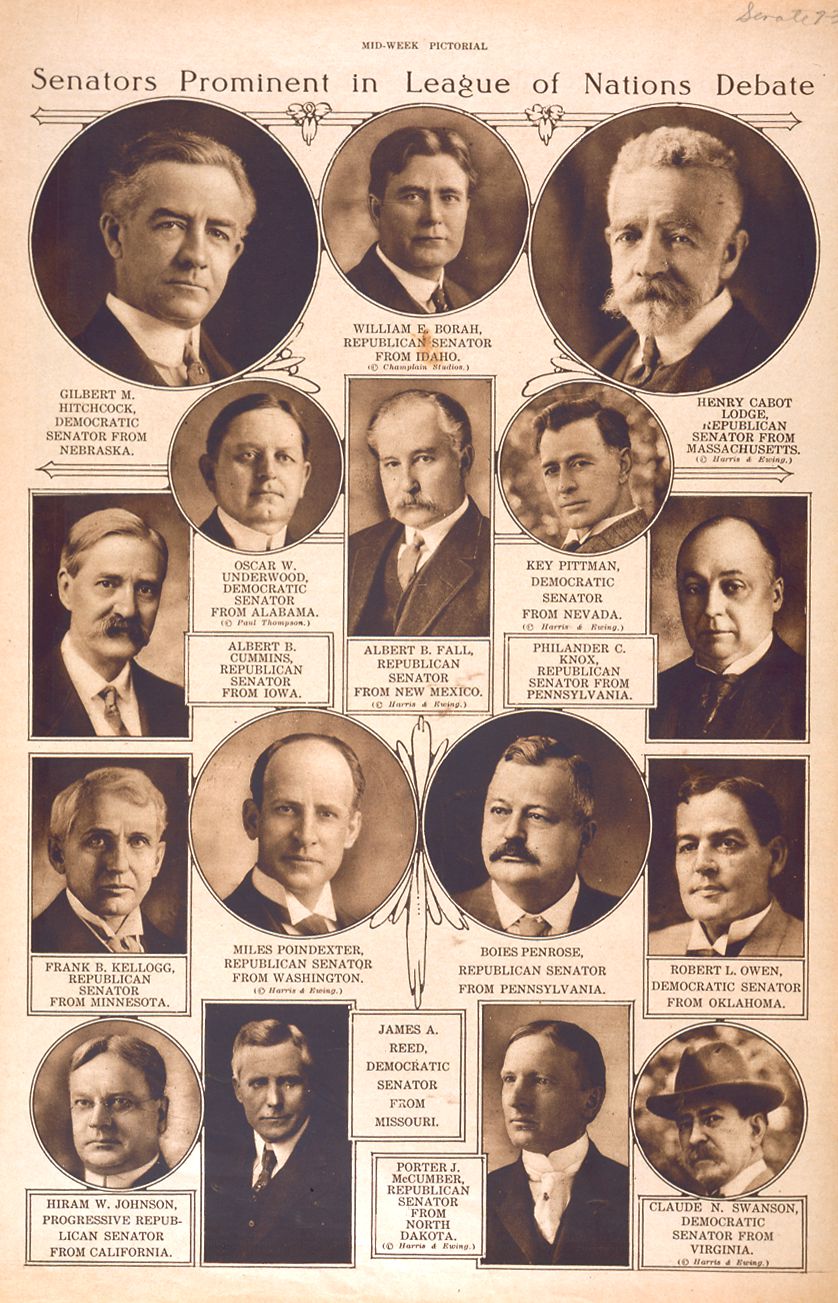It is the summer of 1926, and the United States Senate is worried that money is being misused to nominate candidates, so they have established a committee to investigate. Their findings bring them to Chicago – where they interview a variety of voices from Indiana – and to Indianapolis where they interview more.
For reasons not altogether clear, the League of Nations plays a critical role in who is called to testify.
There is the engaging Mrs. Lois Thomas Lockhart, 322 N. Ritter Ave., of the Indiana Council on International Relations. A woman called before the committee because she supports the controversial League of Nations and the idea of world peace. When admonished for thinking globally, rather than locally and America First, she replies:
We feel it is improving America for America to know national and international problems. We were particularly interested in sending our speakers into the rural sections of Indiana, that our rural people might have this information without getting it from partisan sources. I do not know whether the members of our committee are Republicans or Democrats, or whether they are for the League of Nations or the World Court. I do not know. We just feel that is an educational work we are in.
After reading the testimony of Indiana attorneys and businessmen from that same summer, one understands better Mrs. Eckhart’s impulse to educate.
Her voice, for example, stands in stark contrast to those of Hugh Pat Emmons and Walter Bossert. Emmons operated in St. Joe County, and presided over the Valley Tabernacle Association, a group of 800 or so disgruntled klansmen, who left the organization for fear of having “to go down the line” for one W. Lee Smith, a candidate for the senate of the United States. Emmons achieved some renown for his depictions of behind-the-scenes operations of the Ku Klux Klan.
Walter Bossert, a lawyer from Indianapolis, with offices in Liberty, previously held the office Grand Dragon of Indiana. Like Emmons, he resigned “on principle,” refusing to be told for whom to cast his vote. His testimony underscores the deep connection between the Klan and Indiana politics and power.
Mr. Clyde Walb of La Grange, and chairman of the State Republican Committee, is outraged by the money pouring into Indiana, none of which he has seen or can trace, and programs tricking Indiana women and children into supporting the League of Nations.

Letter from Clyde A. Walb. Read the entire letter in the Indiana State Library’s Indiana Digital Collections.
Professor Amos Hersey of Bloomington, excites particular ire in Walb, but Walb’s list of Hoosiers for and against the League is revealing.
While subcommittee hearings are valuable political resources, they are also rich in genealogical information, as they include stories of individuals from every state and across the centuries. Many can be searched electronically, including this one, at HathiTrust.
Source:
“Senatorial campaign expenditures: hearings before a Special Committee Investigating Expenditures in Senatorial Primary and General Elections, United States, Sixty-ninth Congress, first session [Seventieth Congress, first session] pursuant to S. Res. 195, a resolution authorizing the president of the Senate to appoint a special committee to make investigation into the means used to influence the nomination of any person as a candidate for membership of the United States Senate. Pt. 2-3.”
This blog post was written by Kate Mcginn, reference librarian, Indiana State Library.

